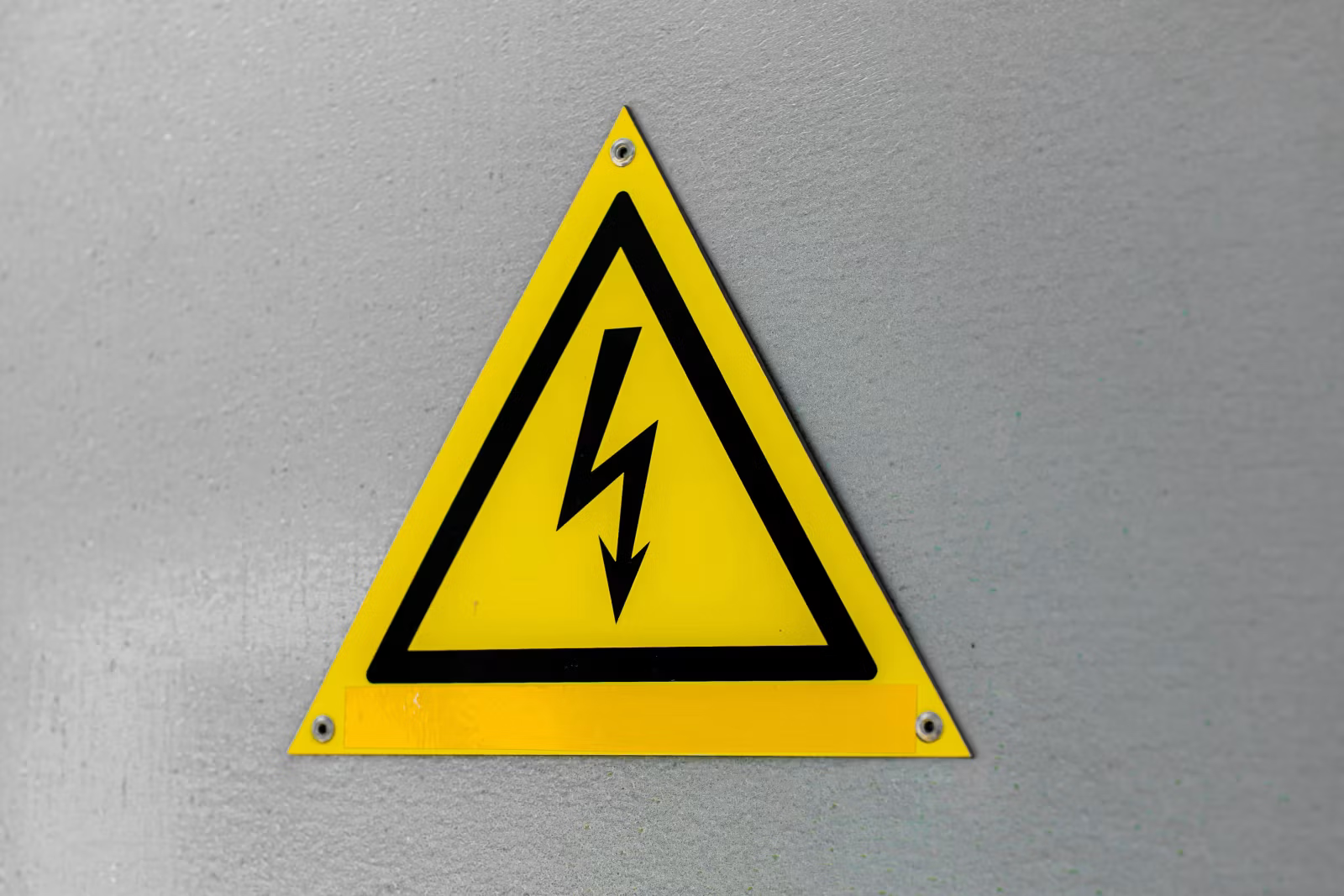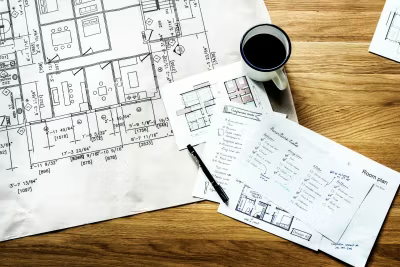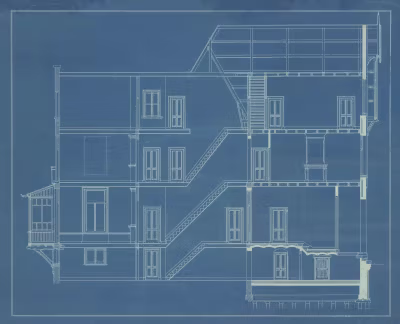Electrical Code Violations & Wiring Hazards

Electrical systems are one of the most critical safety components of any home. When wiring is installed incorrectly or without proper grounding and protection, it can create serious risks—including shocks, fires, and equipment failure. Unfortunately, many new construction and remodeling projects in Colorado involve unlicensed or unsupervised electrical work that violates state and local code requirements. These shortcuts can remain hidden for years before revealing themselves in the form of flickering lights, tripped breakers, or worse.
How Electrical Defects Develop
Proper electrical installation requires careful planning, load calculation, and strict adherence to the National Electrical Code (NEC) and local amendments. Builders and subcontractors often fail to follow these standards when they rush construction or rely on laborers who are not licensed electricians. Common mistakes include overloading circuits, missing ground fault protection, undersized wiring, and improper junctions concealed behind walls.
In many cases, work is performed without the required permits or inspections, leaving homeowners unaware that their wiring was never approved for safety compliance. These violations not only create a fire risk but may also void insurance coverage if a claim arises.
Common Signs of Electrical Code Violations
Frequently tripped breakers or flickering lights
Warm or discolored outlets and switches
Burning smells or buzzing sounds behind walls
Ungrounded or two-prong outlets in newer homes
Missing GFCI outlets near sinks, garages, or outdoor areas
Power fluctuations when appliances or HVAC systems start
Shock or spark when plugging in cords or flipping switches
Any of these symptoms should be treated as a potential safety hazard and evaluated immediately.
Why These Defects Occur
Most electrical defects are caused by poor workmanship, lack of oversight, or disregard for safety requirements. Common causes include:
Use of unlicensed electricians or unpermitted work
Overloaded circuits or improperly calculated load demands
Missing GFCI or AFCI protection required by code
Poor grounding or bonding connections
Wiring spliced outside of junction boxes
Incorrect breaker size for the circuit wiring
Loose terminations or reversed polarity connections
Each of these defects creates a risk of electrical failure or fire that could have been avoided through proper installation and inspection.
Who Is Responsible
Colorado law requires that all electrical work be performed by licensed electricians and inspected by local authorities. Builders, general contractors, and developers are responsible for ensuring compliance and for hiring properly qualified trades. When violations occur and result in property damage or safety hazards, those parties can be held liable under the Construction Defect Action Reform Act (CDARA) and related negligence standards.
Homeowners may also have claims against electrical subcontractors and, in some cases, material suppliers or manufacturers if faulty products contributed to the problem.
How Hollington Law Firm Can Help
At Hollington Law Firm, we represent Colorado homeowners who have discovered electrical code violations or unsafe wiring conditions in their homes. We work with licensed electrical inspectors and forensic engineers to document violations, identify the responsible parties, and pursue the cost of proper repair or replacement.
Our firm guides clients through the legal process for recovering damages and holding builders accountable for unsafe or illegal construction practices. In cases involving fire or property loss, we also coordinate with insurance and fire investigators to strengthen our clients’ claims.
Contact Us
If you suspect your home contains electrical hazards or was built without proper permits or inspections, contact Hollington Law Firm to schedule a consultation. We’ll help you uncover code violations, determine who is responsible, and take legal action to ensure your home meets the safety standards it should have met from day one
Other Types of Claims
View All Claim TypesHave Questions About Your Case?
Schedule a free 15-minute screening call to discuss your construction defect or property damage claim with our experienced attorneys.



